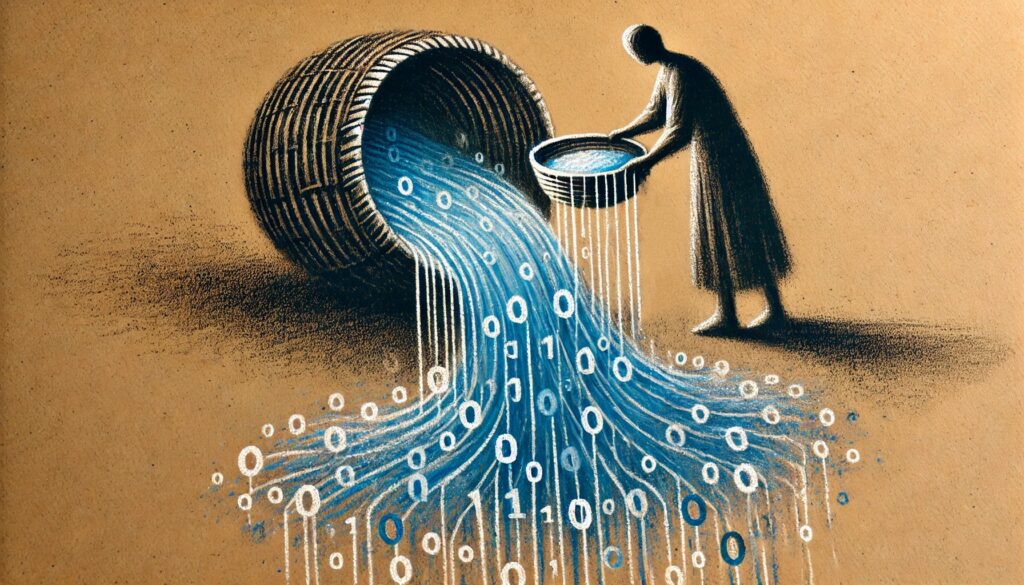X can claim trespass to chattel in data scraping case
internetcases » cases 2024-12-02

X Corp. sued Bright Data Ltd. for unauthorized access to X’s servers and the scraping and resale of data from X’s platform. Plaintiff sought the court’s permission to file a second amended complaint after the court dismissed its prior complaint. The court granted plaintiff’s motion in part and denied it in part, allowing some claims to proceed while dismissing others.
Plaintiff alleged that defendant’s scraping activities caused significant harm to its systems. According to plaintiff, defendant’s automated scraping overwhelmed servers, causing system glitches and forcing plaintiff to purchase additional server capacity. Plaintiff further alleged that defendant used deceptive techniques, including fake accounts and rotating IP addresses, to bypass technical barriers and access non-public data. Plaintiff claimed that these actions violated its Terms of Service, interfered with its contracts, and constituted unfair and fraudulent business practices. Plaintiff also introduced new claims under federal and state anti-hacking laws, including the Digital Millennium Copyright Act and the Computer Fraud and Abuse Act.
The court agreed with plaintiff on several points. It allowed claims related to server impairment, including trespass to chattels and breach of contract, to move forward. The court found that plaintiff’s revised complaint provided sufficient details to plausibly allege harm to its servers and unauthorized access to its systems.
However, the court dismissed claims concerning the scraping and resale of data, ruling that they were preempted by the Copyright Act. Plaintiff had argued that it could prevent defendant from copying user-generated or non-copyrightable data through state-law claims. The court disagreed, holding that such claims conflicted with federal copyright policy, which limits protections for factual data and prioritizes public access. Additionally, the court rejected plaintiff’s argument that defendant’s actions constituted “unfair” business practices, finding no evidence of harm to competition.
Finally, the court allowed plaintiff to proceed with its new anti-hacking claims but left the door open for defendant to challenge these allegations later in the case.
Three Reasons Why This Case Matters
- Defines Platform Rights: This case clarifies the limits of platform operators’ ability to control user-generated and public data.
- Reinforces Copyright Preemption: The decision highlights the importance of federal copyright laws in preventing conflicting state-law claims.
- Explores Anti-Hacking Laws: It illustrates how federal and state anti-hacking statutes may be used to address unauthorized access in the digital age.
X Corp. v. Bright Data Ltd., 2024 WL 4894290 (N.D. Cal., Nov. 26, 2024)